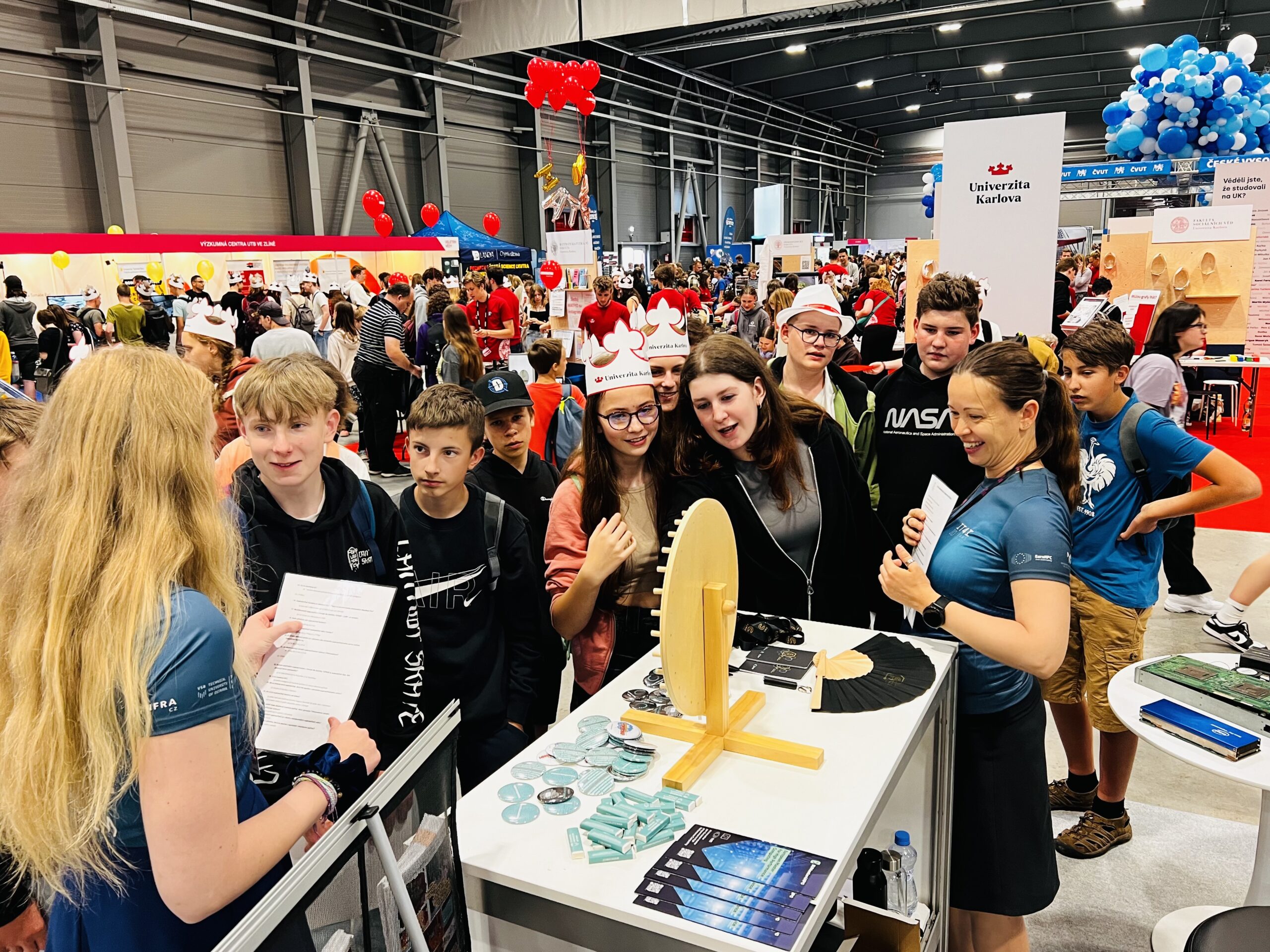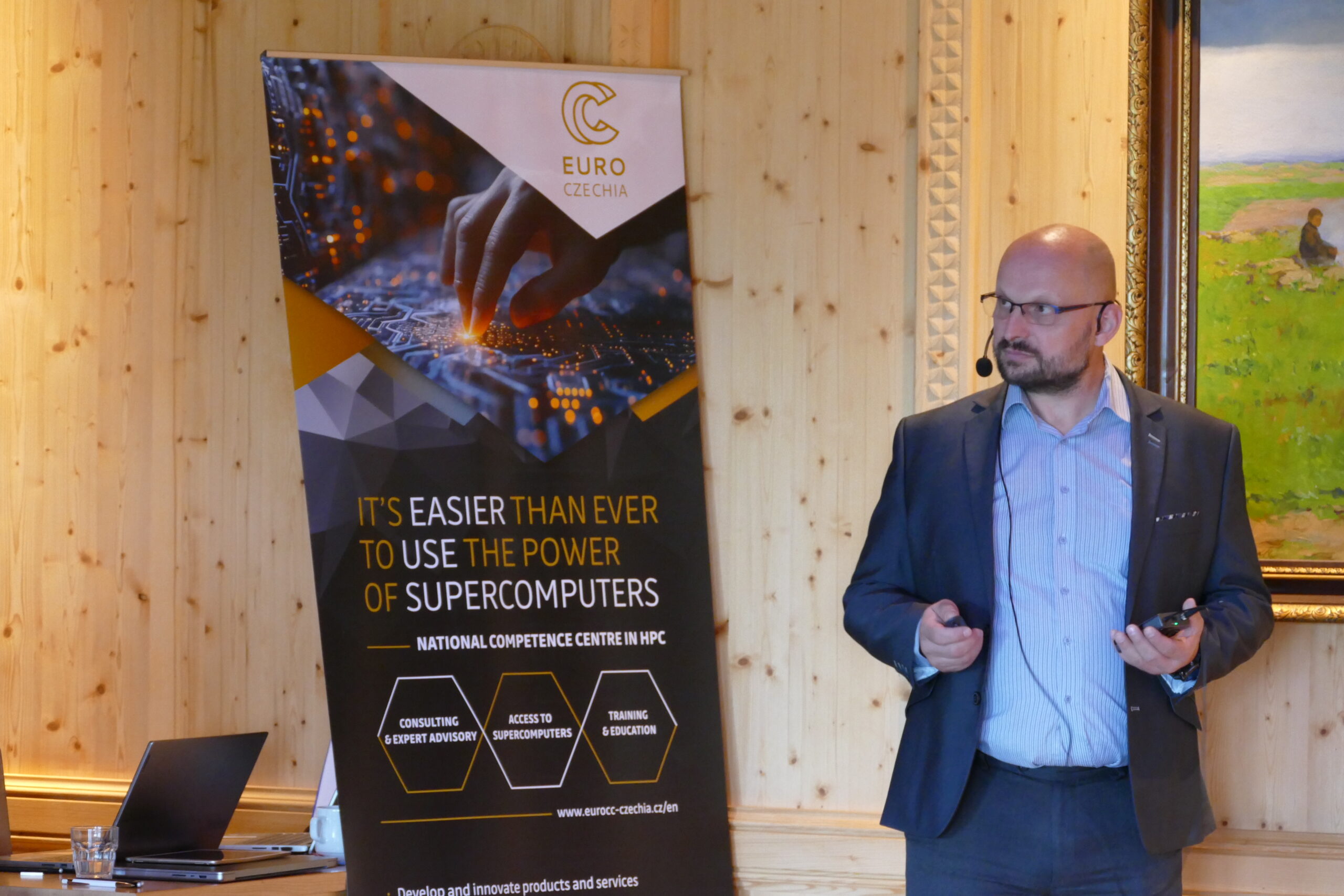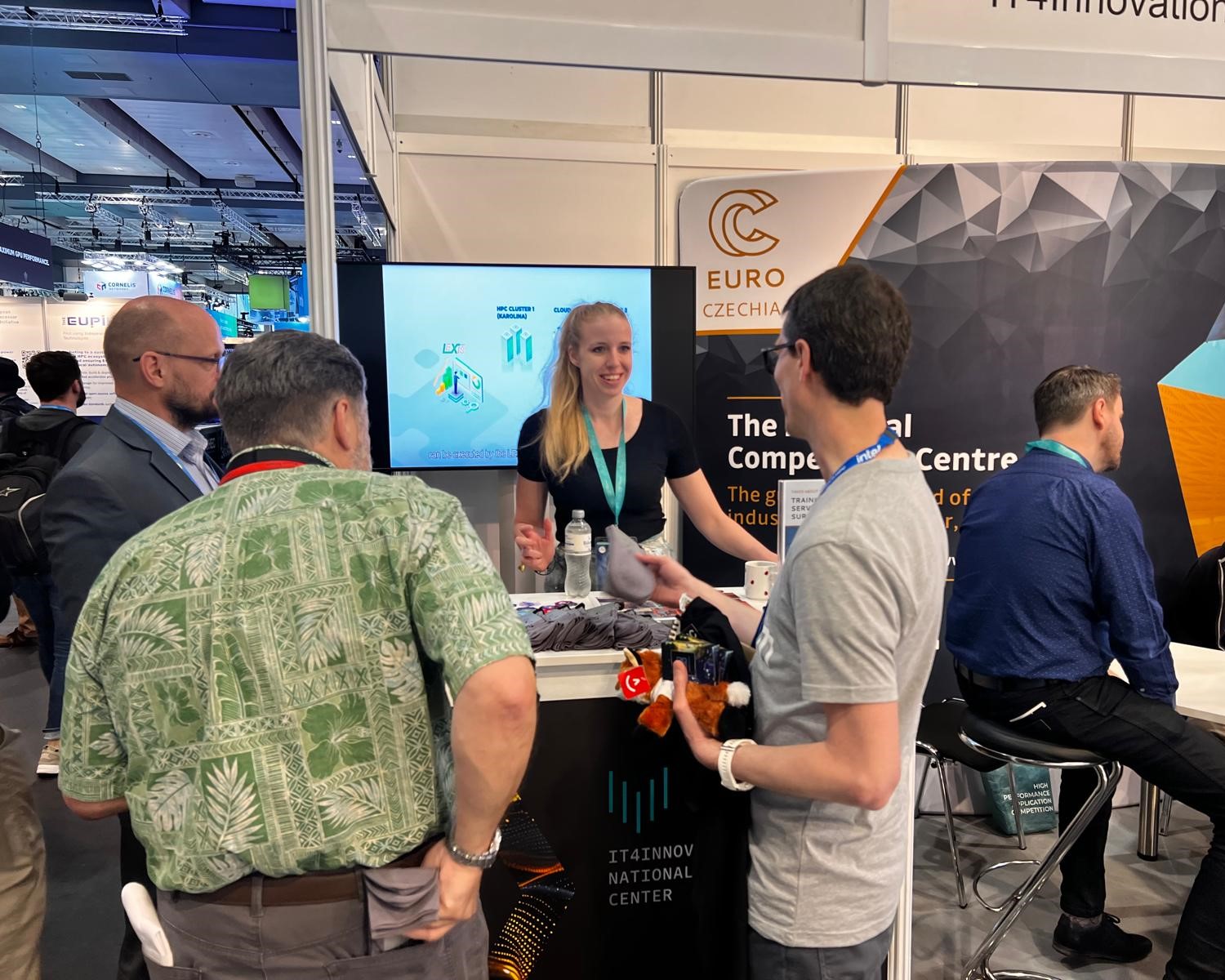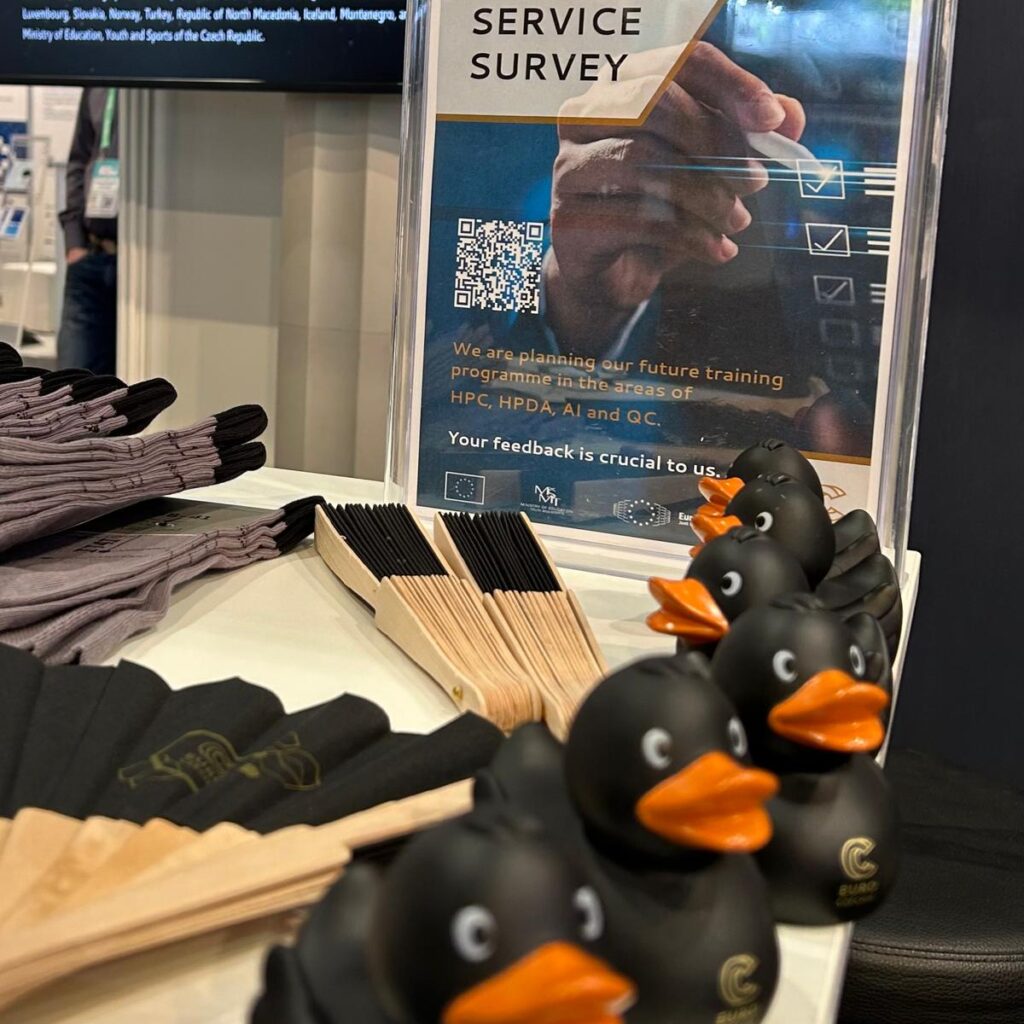The FFplus project has launched a new open call for small and medium-sized European enterprises. The call is aimed at agile, innovative companies that decide to use supercomputers in practice and gain a competitive advantage in the market.
Strengthening innovation and development of European industry
The FFplus project is the fourth edition of a highly successful initiative that directly addresses how to help businesses overcome the barriers to using supercomputing and high-performance data analytics in practice or working with and developing generative AI. In particular, the aim is to strengthen the global competitiveness of European industry.
In recent years, dozens of companies from all over Europe have successfully passed the open calls for using supercomputers. Be inspired by their stories published on the FFplus website.
The FFplus call is divided into two parts:
1. BUSINESS EXPERIMENTS
The first part of the call is aimed at enterprises with no previous supercomputing experience across all sectors. In this call, enterprises can submit their “experiments”, i.e. projects that solve a specific business challenge using supercomputing technologies, high-performance data analytics, and artificial intelligence. Experiments are expected to last a maximum of 15 months, with a scheduled commencement date of 1 January 2025.
Experiment duration expected: max. 15 months.
Planned start date: 1 January 2025.
An amount of EUR 4 million for funding experiments will be distributed among all selected individual projects. There is a limit of EUR 200,000 per experiment application.
The deadline for applications is 4 September 2024 at 5:00 p.m.
2. INNOVATION STUDIES
The second part of the FFplus call will support companies and startups that are already active in generative AI but lack the necessary computational resources to develop their own models. The aim is to facilitate and strengthen the technological development of European companies in AI.
Participating companies will be supported in increasing their innovation potential by leveraging new generative AI models, such as large language models (LLMs), based on their expertise, application domain, business model, and potential for expansion.
Submitted “innovation studies / use cases” must use extensive European supercomputing resources (pre-exascale and exascale) to develop and adapt generative AI models (e.g. LLM).
Experiment duration expected: max. 10 months.
Planned start date: 1 December 2024.
An amount of EUR 4 million for funding experiments will be distributed among all selected individual projects. There is a limit of EUR 300,000 per study application.
The deadline for applications is 4 September 2024 at 5:00 p.m.
Are you interested in this opportunity? Find out more on the FFplus website.
Contact us, and experts at the National Competence Centre in HPC will gladly assist with the experiment’s setup and submission.
Follow us!
You will never miss new courses and updates.









